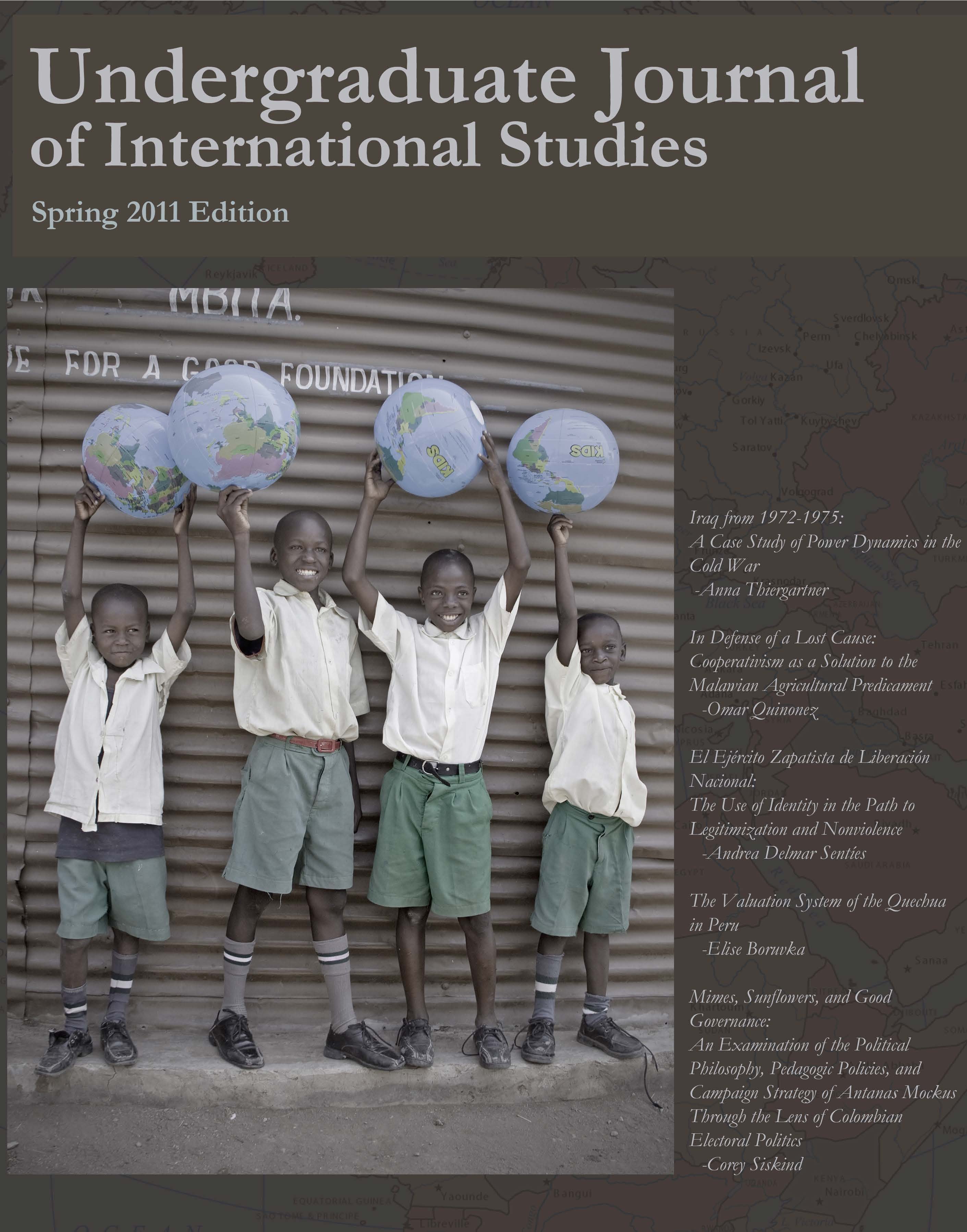In Defense of a Lost Cause Cooperativism as a Solution to the Malawian Agricultural Predicament
Main Article Content
Abstract
Malawi represents the developmental problems of Africa. In the past decades, Malawi has gone through a snapshot of the movement of the world’s attitudes towards economic development from protectionism in the 1960’s and 1970’s, neo-liberalism in the 1980’s, post-neo-liberalism in the late 1990’s, and a current antagonistic battle between more or less state-intervention in agricultural policies. Malawi’s history of economic policies and the overall history of most developed nations provide answers to the problems Malawi currently faces. Government intervention in the agricultural sector can help foster economic activity to create the conditions for private markets to develop. Most importantly, public intervention in the form of the creation of a cooperative system of production can work as in the case of the Israeli Kibbutz, the Mennonites in Canada and Mexico, and the fishing cooperatives of Ensenada Mexico, to push for economic, social, and political development. With the help of the international community and international donors, cooperativism in Malawi can become not a written reality but a concrete and material one that breaks the traps of poverty that haunt Malawi so much.
